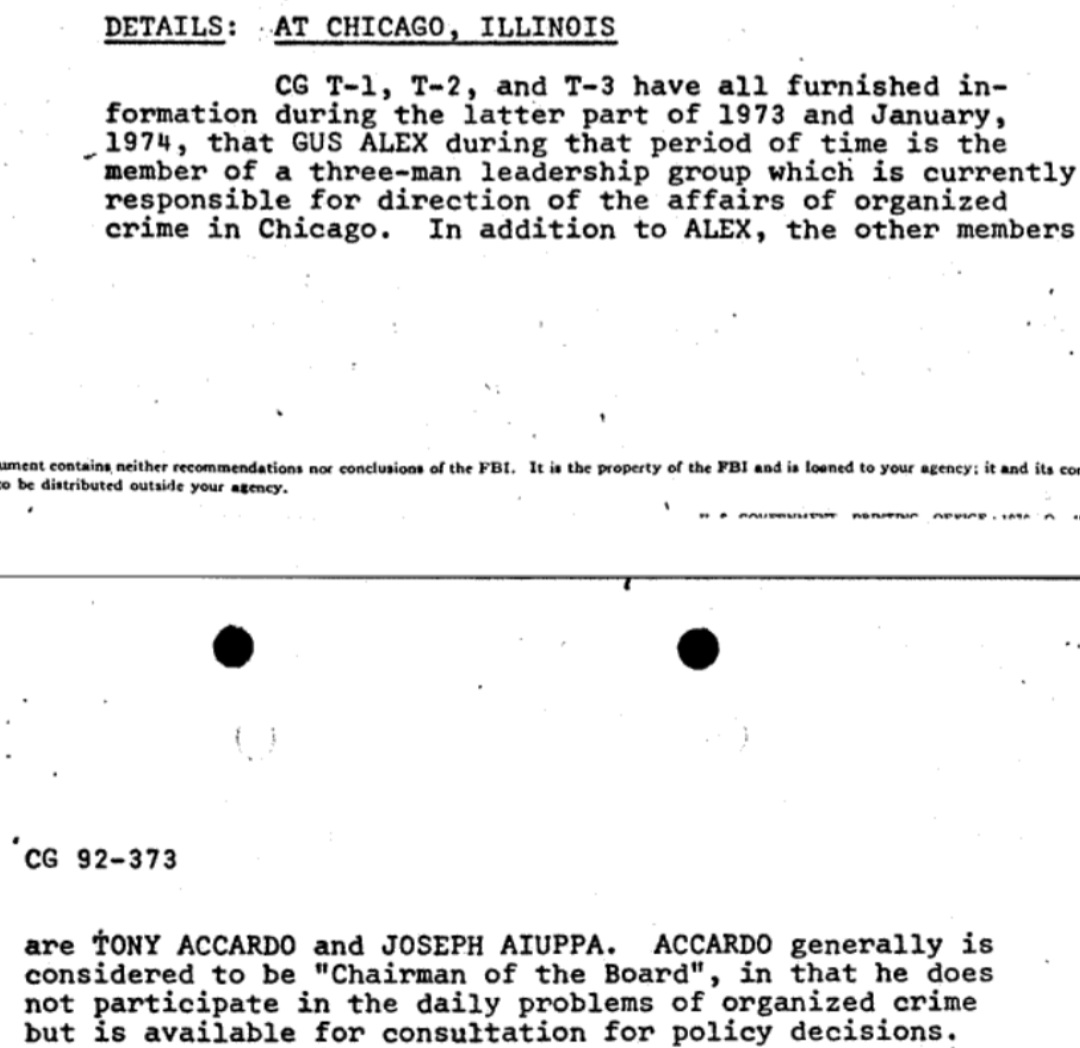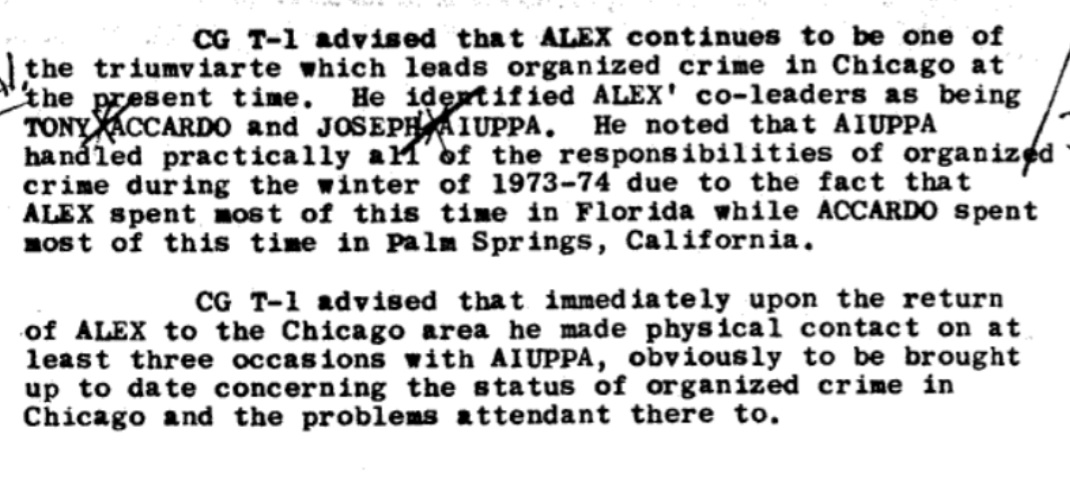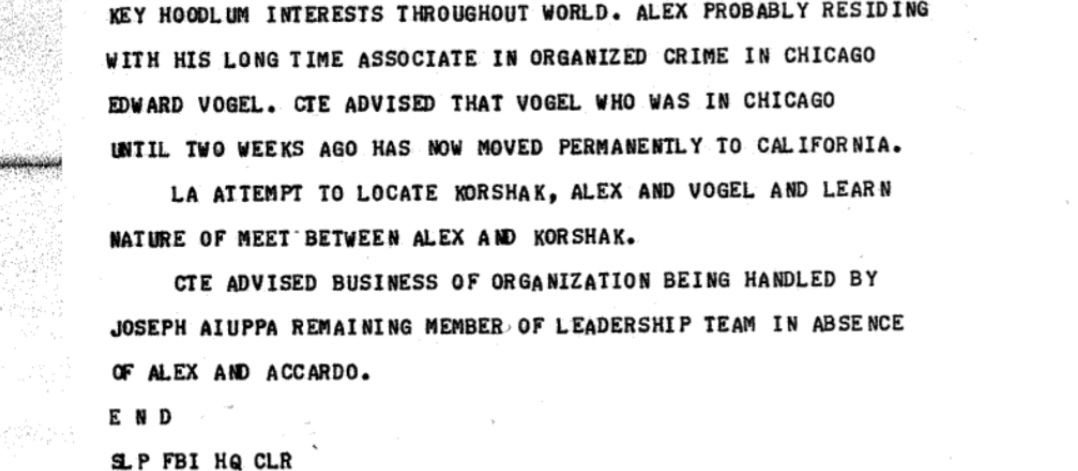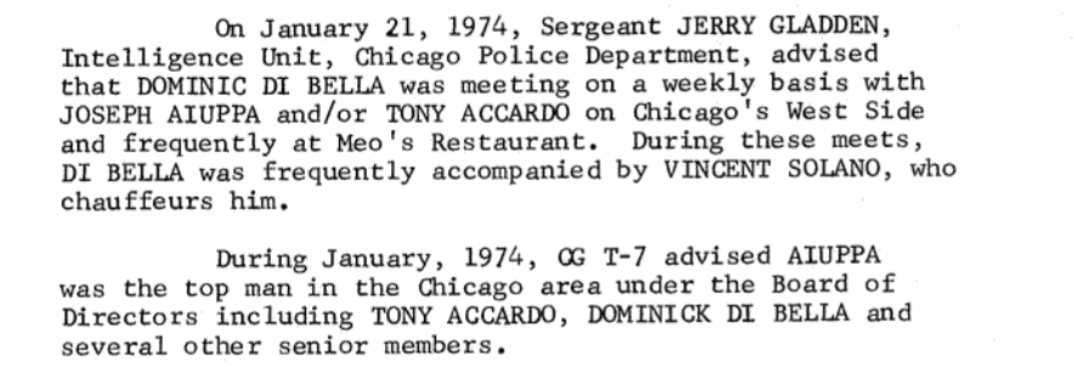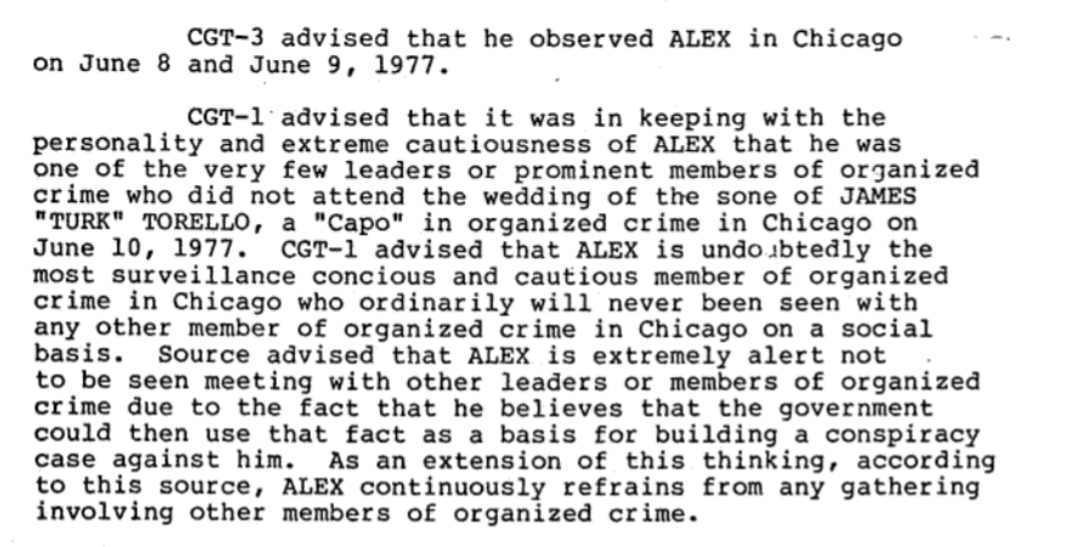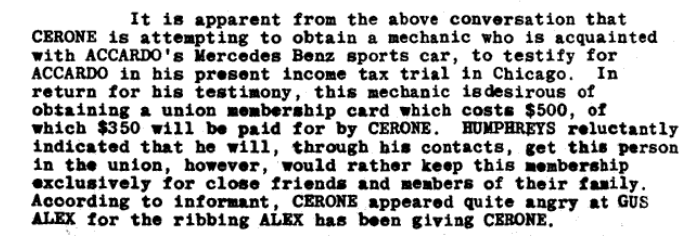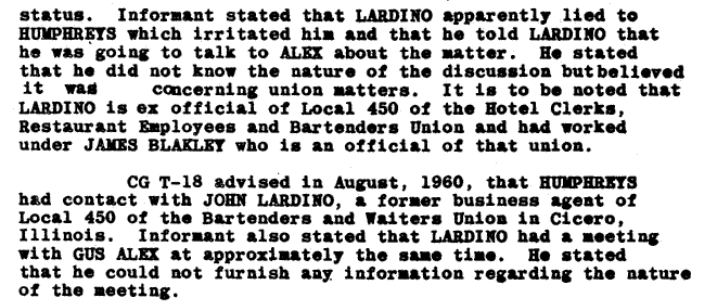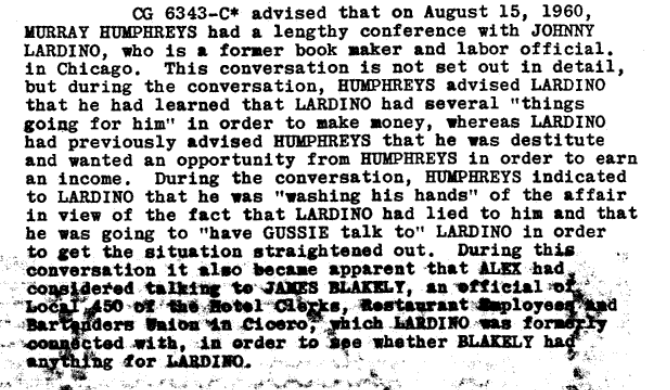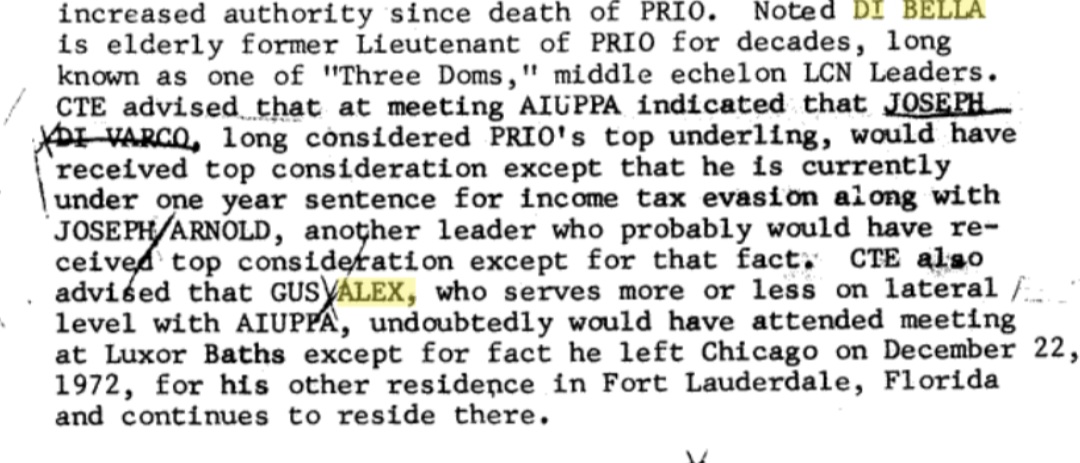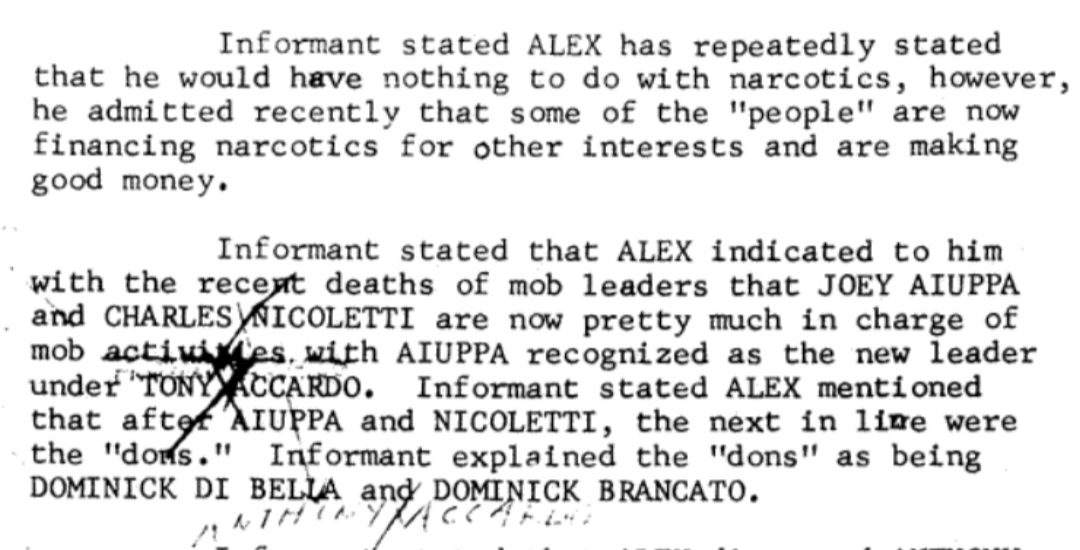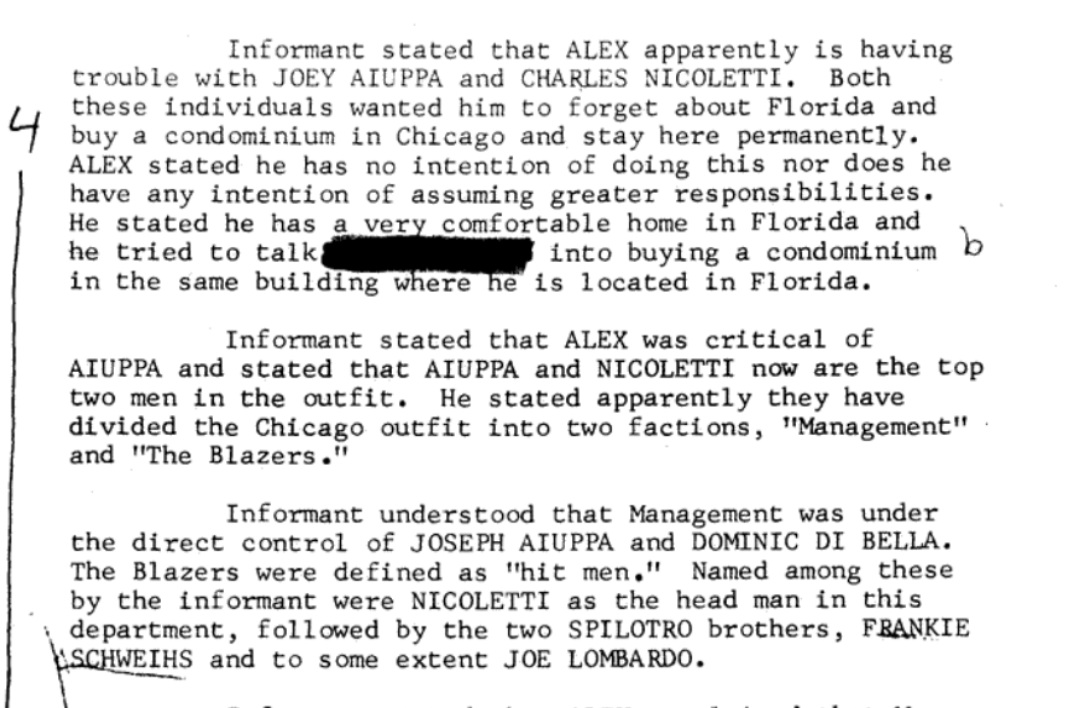Interesting example. Ill give you another regarding one international firm and its hierarchy....B. wrote: ↑Sun Feb 05, 2023 2:07 pm
I avoid the "corporation = "mafia" comparisons, but this might be a good way of understanding it...
- I worked for a company that had employees (members) who officially worked for the company and there was a hierarchy (admin / captains) within that. At all levels of the company there were also independent contractors (associates) and this ranged from people who did small freelance tasks all the way up to programmers and consultants who were "like" employees but technically they weren't true employees of the company even though they had to be available during the same hours and were obligated to us.
- Some of the essential contractors were even included on the company website, part of internal company discussions, operational decision-making etc. However even the top contractors weren't subject to the same protocol and guidelines as the official employees even though some of them were truly more important to the business than we were. Officially they were assigned to work for/with certain people and had to put anything they did on record with an employee but for certain ones this was just a formality.
- These contractors of course reported to different people. Some of them worked directly with the executives, others with middle management or ordinary employees depending on what part of the company's operations they were involved with. There was one guy however who was a tech consultant that only answered to the CEO and the CEO did whatever this guy "advised" and even on the rare occasion that the CEO didn't do it, it at least involved a very in-depth meeting where the contractor's advice was taken seriously.
- My immediate boss was part of the Executive Team but she knew she had way less say than this guy in terms of operational strategy even though officially she was part of the company's top leadership and had certain duties specific to official employees that this guy didn't have. This contractor sat in on many Executive Team meetings (consiglio) and had a strong voice in these meetings when it pertained to operating strategy but if the Executive Team met about issues specific to the office or in-house matters he wasn't involved. He had no involvement in hiring or firing employees for example but if we didn't do what he said you almost certainly would have been on the carpet with the official executives and looking for a new job.
- This contractor would often contact us employees directly telling us to do something and even though he wasn't our boss or even an official employee we understood he was authorized by the CEO to do that and had his blessing. I did things for him countless times and he never had to clear it with my immediate boss nor did the CEO have to tell me it was top priority, I just understood he was "with" the CEO and if I didn't do what this contractor advised it would be a problem for me within the company and be seen as detrimental to our success. Officially he wasn't an executive but operationally he absolutely had that level of authority and privilege.
- All of us knew he had serious power within the company before, during, and after my time there yet he himself was not technically an employee of the company. He 100% made more money and had more influence than most of the official employees. The CEO saw it as a mutually beneficial relationship and felt the company depended on him. If this guy decided to leave he couldn't have been easily replaced.
- He also had his own independent people who worked for him and had no direct interaction with our staff but by working for him they were in effect doing work for our company.
So was this guy an official executive? He wasn't. Did he have a "position" in our company? Yep, on a practical level he was a de facto executive who had more operational influence than most/all official employees except the CEO. Could he have been demoted? As a contractor not officially, but there were times where the CEO talked about limiting his involvement which would have been like a demotion. They could have cancelled his contract (whacked him) too but no way was the CEO going to do that. In contrast, we had contractors who did small tasks and had no influence who were easily replaced -- it meant nothing to let them go if it didn't work out.
You have a general manager who has more than 50% of the shares and controls everything on daily basis...below him is the number two guy or "chief manager" who oversees all of the units and sectors which form the whole firm.
Now, all of the sectors and units are controlled by directors (members of the board of directors, not the governing board) with sector managers bellow them. Then comes the everyday workers who are involved in everyday situations and oversee their own areas and buyers.
Now lets get back to the General Manager....on monthly basis this guy attend meetings with two "outside" guys (who are not from the formal structure) who are officially top members of the governing board, who in turn receive monthly income and also report on how things went down and all top level decisions are made with them and these guys also have the power to vote and also have the power to demote the general manager (although it can never happen in this case because these three fellas are in a very close connection, both family and business).
So i believe you can see my point here?!

